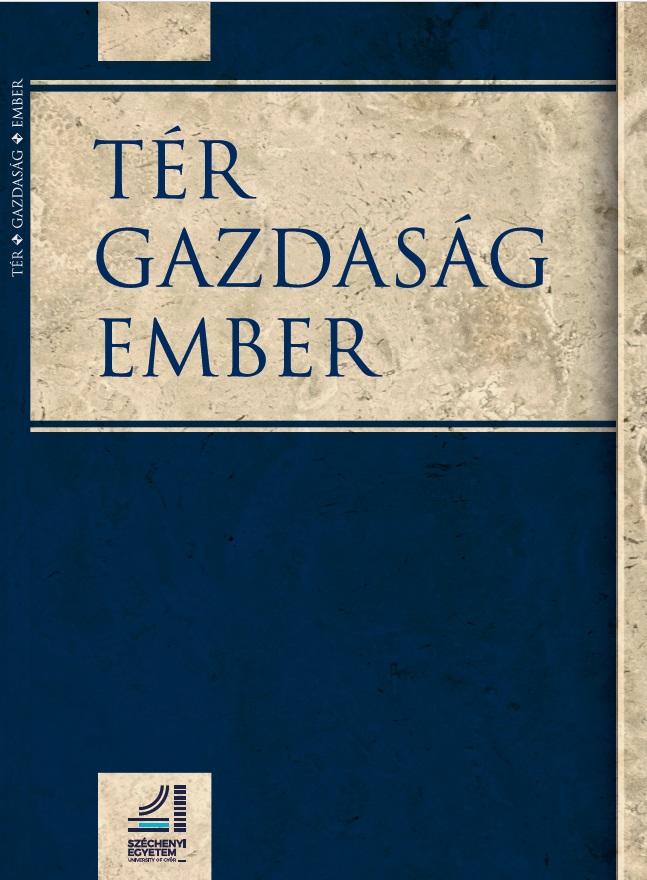Regional Differences of the Spread of the Coronavirus in Central Europe
Kulcsszavak:
COVID-19, Central Europe, Spatial Diffusion, Epidemic Diffusion, Health InequalitiesAbsztrakt
The Coronavirus pandemic has had a severe impact on a worldwide scale, including on Central Europe, and was characterised by considerable territorial disparities. The aim of this article is to present a statistical analysis of pandemic data to show which regions in Central Europe were the most and least affected by the COVID-19 in each period of the pandemic, since the beginning of the first wave – February 2020 – until the end of the third wave – Summer 2021 –, with a particular focus on the geographical reasons behind the differences. The paper found that cities and tourist regions were heavily affected in the initial phase of each wave due to their prominent role in human mobility; however, over time these disparities disappeared and the vulnerability of each region became the determining factor in mortality which affected rather the rural and peripheral regions in Central Europe.
Letöltések
Megjelent
Folyóirat szám
Rovat
License
Copyright (c) 2021 Tér - Gazdaság - Ember

This work is licensed under a Creative Commons Attribution-NonCommercial 4.0 International License.


